Mental health: More than a meme
There's a new message to share: it's okay to not be okay.
by Stephanie Todd
A bright and cheery meme caught my eye on one of my social feeds the other day. It was a picture of a beautiful sunrise and the text, in a scripted font, read ‘no matter what happens, keep moving forward.’ Good advice. Sounds easy, doesn’t it? As long as we keep in motion, everything will be okay.
And that’s when it struck me. The technology might be new, but the message—to quote someone else—is a tale as old as time. And it’s a message I’m sure we’ve all heard many times before.
When I was very young, I’d run fast. When I was gently warned by my mother to be careful, I’d run faster and sometimes (usually showing off to my sister), I’d run too fast. Then I’d stumble, inevitably fall and as my eyes shone with tears, my mum would pick me up, place a quick kiss on a bruised knee and the words ‘you’ll be fine’ would more often than not follow. And of course, I would be.
When I was a little older, I caught the measles. For two long weeks, I was red and spotty, itchy and blotchy. I was kept off school and worst still, until I’d passed the ‘infectious’ period, I couldn’t see my friends. To understand how awful a prospect this was, I’m a child of the 80s. That’s before the internet was invented, before smart phones (basic mobile phones even!) and long before Facebook, WhatsApp and Snapchat had even been dreamt up. So to see my friends, I actually had to see them... IRL!
Stuck indoors, I was under the all-seeing crinkled eye of my grandmother. Having lived through two World Wars and a Nazi bombing, the measles certainly didn’t worry her. And neither did my younger self huffing and puffing about being itchy, or bored, or missing my friends. ‘There’s always someone worse off than you’, she’d gently remind me. And of course there would be.
And so the message is the same isn’t it? Don’t stop, you’ll be fine. Don’t feel sorry for yourself, you’ll be fine. No matter what happens, keep moving forward. And most of the time, fine is exactly what you will be.
It certainly seems this resilience is ingrained in us from birth. Particularly in Britain where we are self-proclaimed experts at being ‘fine’ and ‘just getting on with it’. It’s a badge of honour, something we’re often proud of. We can stiff-upper-lip our way through almost anything, or at least that’s what we tell ourselves.
But this meme in particular made me wonder, while we’re all being taught it’s not good to stop, and it’s certainly not good to ‘self-pity’, does our ‘self-awareness’ go by the way side too? While we’re all so busy putting on a brave face, could it be we might actually be doing ourselves more harm than good?
We all have a mental health, just as we all have a physical health. Our brain is an organ after all, albeit the most complex one we have. Mental health is a normal part of our everyday life and we all have our ups and downs. How we feel can vary from a good mental state and contented well-being to those difficult feelings and emotions, sometimes even progressing to moderate or severe mental health problems.
And while physical health and ailments may be far easier to spot, our mental health and the impact it can have on our day to day lives is being acknowledged now more than ever before. In fact, mental health—and poor mental health in particular—is now considered no less serious than poor physical health.
We wouldn’t just ignore a lump, or bump, or ailment that stops us getting out of bed. When I scraped my knee, I’d run to tell someone and sometimes there’d be ointment and a plaster to stop any infection. When I caught measles, I’d be given lotion and loose cotton jammies. Anything to make it more comfortable until I started to feel better.
So why do we more often than not treat our own mental health any different—or worse, not treat it at all? I’m sure you’d agree that as a nation we ‘just get on with things’ and flat-out ignore those days when we don’t feel ‘right’. I know I do. And I firmly believe it’s simply because that’s how we’ve all be conditioned.
It comes naturally to not seek out someone to tell; to not reach out for advice, or ask what could make us feel more comfortable when the problem can’t be seen by the naked eye. We don’t want to admit our weaknesses or tell someone when we’re hurting. We’re often too embarrassed to confess something is wrong and because it’s not something we really do, we often simply don’t know where to start.
It’s important to remember that no one is immune from experiencing mental health issues on some scale at some point in their life and even the most psychologically robust people can be affected given the right (or wrong) circumstances. It’s thought one in four of us experience a mental health problem at any given time, so maybe we all need to stop and consider that always moving forward isn’t the right approach after all.
In today’s fast-paced society, stress is often attributed as a major factor in triggering periods of poor health and yet it’s a natural reaction to many of the situations we face.
It can be very easy to overlook stress at first, and it often has a cumulative effect, with each stressor tumbling on top of another—from an argument to financial worries, increased workload, family problems or concerns over loved ones. It can lead to feelings of constant worry or anxiety, feeling overwhelmed, difficulty concentrating, mood swings, irritability and difficultly relaxing. Before you know it, it builds to low self-esteem, changes in eating habits, difficulty sleeping, aches from muscle tension, diarrhoea or constipation, nausea, dizziness and even depression. While stress affects everyone differently, these common signs and symptoms are your body’s way of warning you that you’re not okay.
It’s no coincidence that Mental Health Awareness Week 2018, hosted by the Mental Health Foundation, focused on stress. By tackling stress, we can go a long way to tackling mental health problems such as anxiety and depression, and, in some instances, self-harm and even suicidal thoughts. And it’s important to remember that just because you might be experiencing a period of poorer than usual mental health, it doesn’t mean you won’t get better or that you’ll likely be more susceptible to this in future. With help, most people recover and return to good health, just as you would from a bout of flu.
But ‘just moving forward’ isn’t the answer. It’s important to stop and to recognise our own stress symptoms—and look out for those same signs in others. By taking time out to listen and talk, we can all help improve the UK's mental health. We can all help each other.
In the same way that a culmination of smaller stresses add up to become overwhelming, so too can a culmination of small positive steps be the answer to feeling okay. However we all have to start with one small thing first and that’s recognising when we don’t feel okay, and not ignoring the warning signs our bodies give us. By being more self-aware, and honest with ourselves, we can recognise our own spells of poor mental health and just as we would with a physical pain or illness, we can ask for help.
According to the Mental Health Foundation, in the past year 74 percent of people admit they have felt so stressed they have been overwhelmed or unable to cope. If you feel that you are struggling to manage on your own, it’s important to remember that you’re not alone and just sharing a problem is often the first step to recovery. Talking to someone about how we’re feeling can help us deal much more easily with the times when we feel troubled. It might be someone we trust, or even our GP. We’d make an appointment if a physical issue affected us after a while after all, so our mental health shouldn’t be any different. That’s what they’re there for: to help you get better.
Taking a break, a change of scene or change of pace can help too. Eating better and drinking sensibly affects how we feel in ourselves, so a diet that’s good for our physical health is good for our mental health. Regular exercise can boost self-esteem and help us sleep, concentrate and look and feel better. Enjoying ourselves can help beat stress. Even when we don’t feel like it, doing things we’ve always enjoyed, an activity we’re good at or simply meeting up with friends can improve our mood. Have you ever been invited out somewhere, and you’ve not felt like going along? You’d rather go home but can’t get out of it, or don’t want to be rude but come the end of the night you’ve had a great time and are really glad you went?
Beating stress isn’t always that easy and there’s not an instant ‘cure’. We will all always face stress in our lives, same as we’ll always catch another cold. But looking after our mental health and building small positive things into our busy lifestyles can make us all healthier and happier. Recognising and responding to those times when we still do feel overwhelmed are what’s most important and that starts with not just moving forward.
So I’m sorry to whoever made the lovely sunshine-y meme that caught my eye, but I’ve got a new message to share: it’s okay not to feel okay. And it’s okay to tell someone about it.


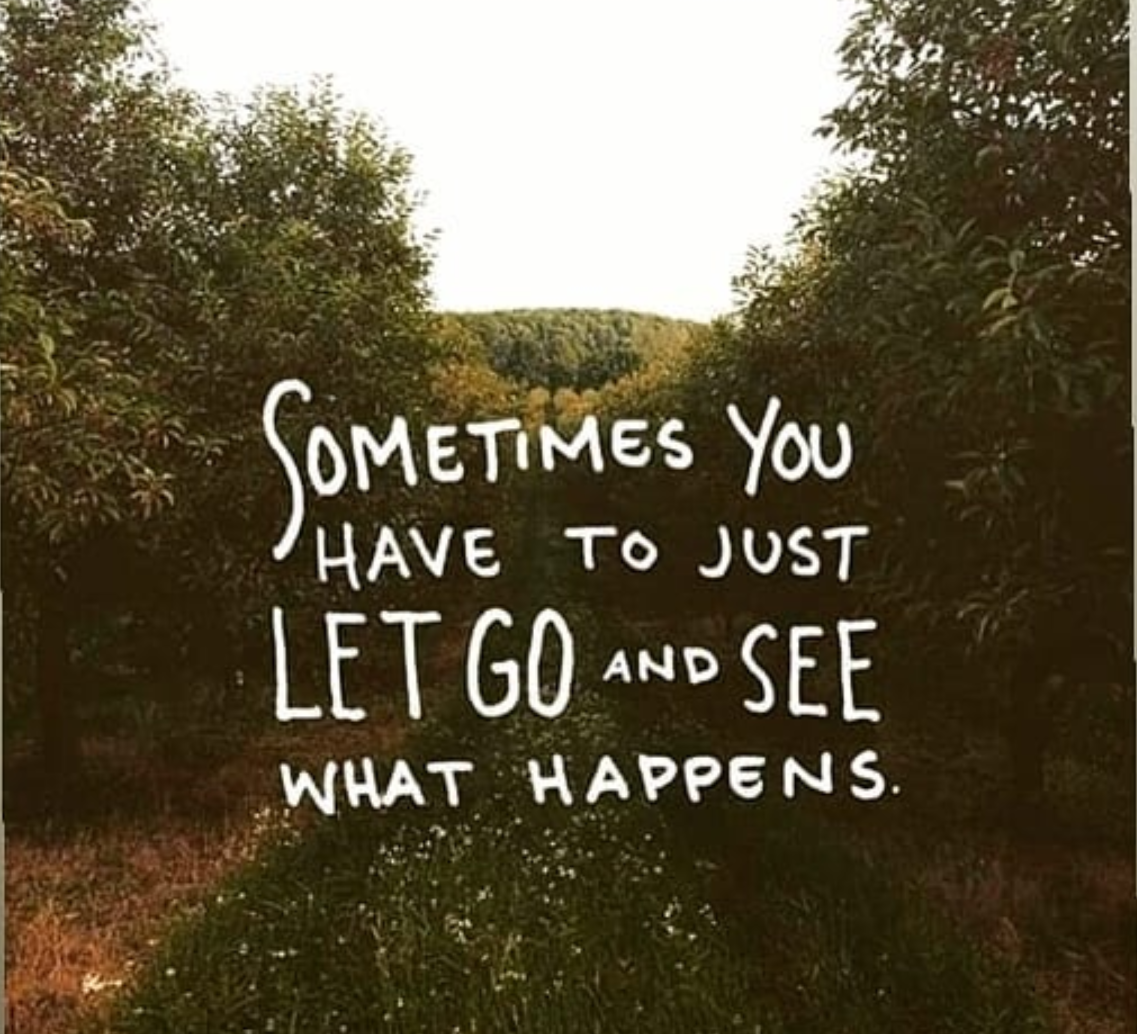
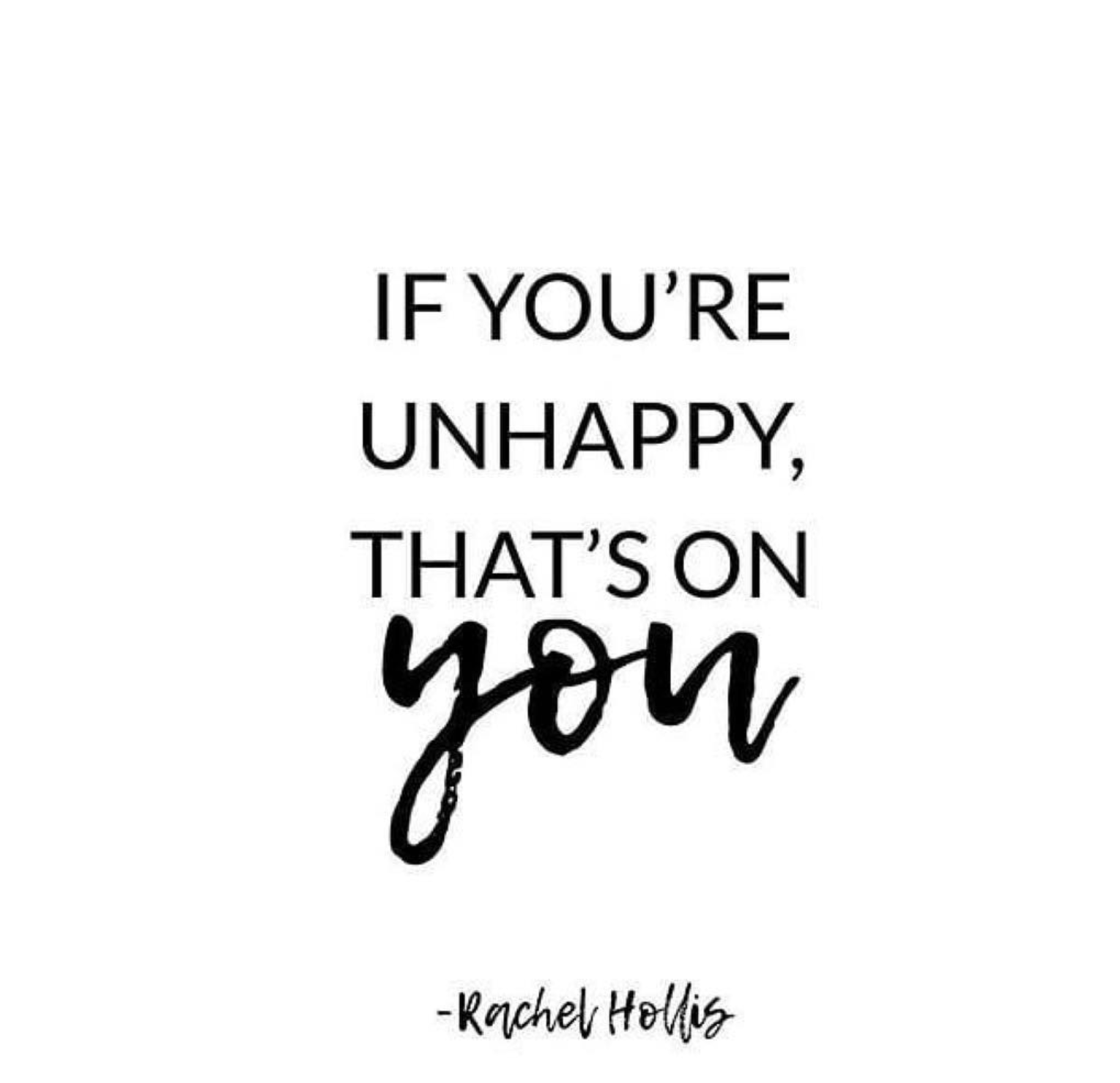

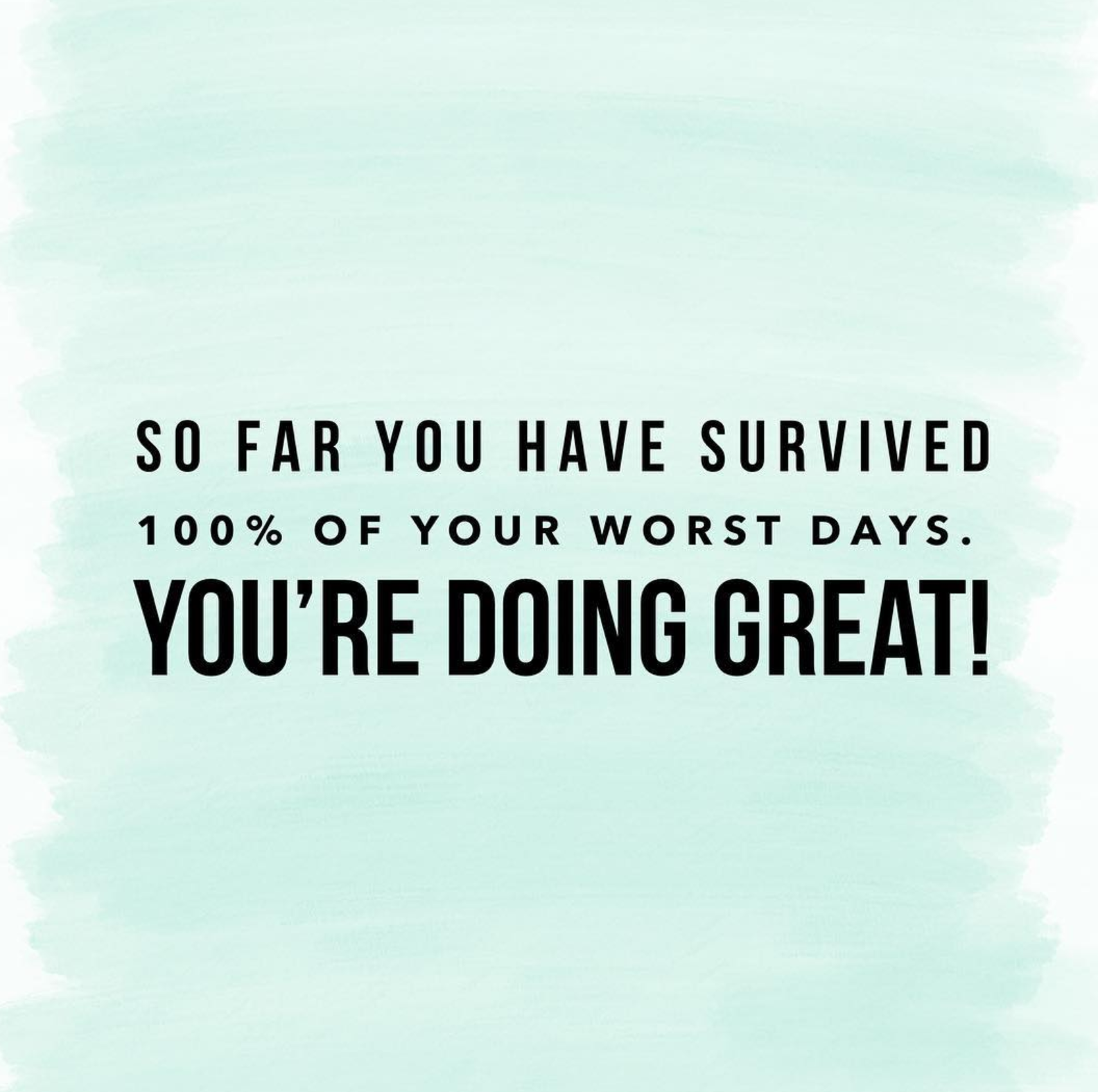
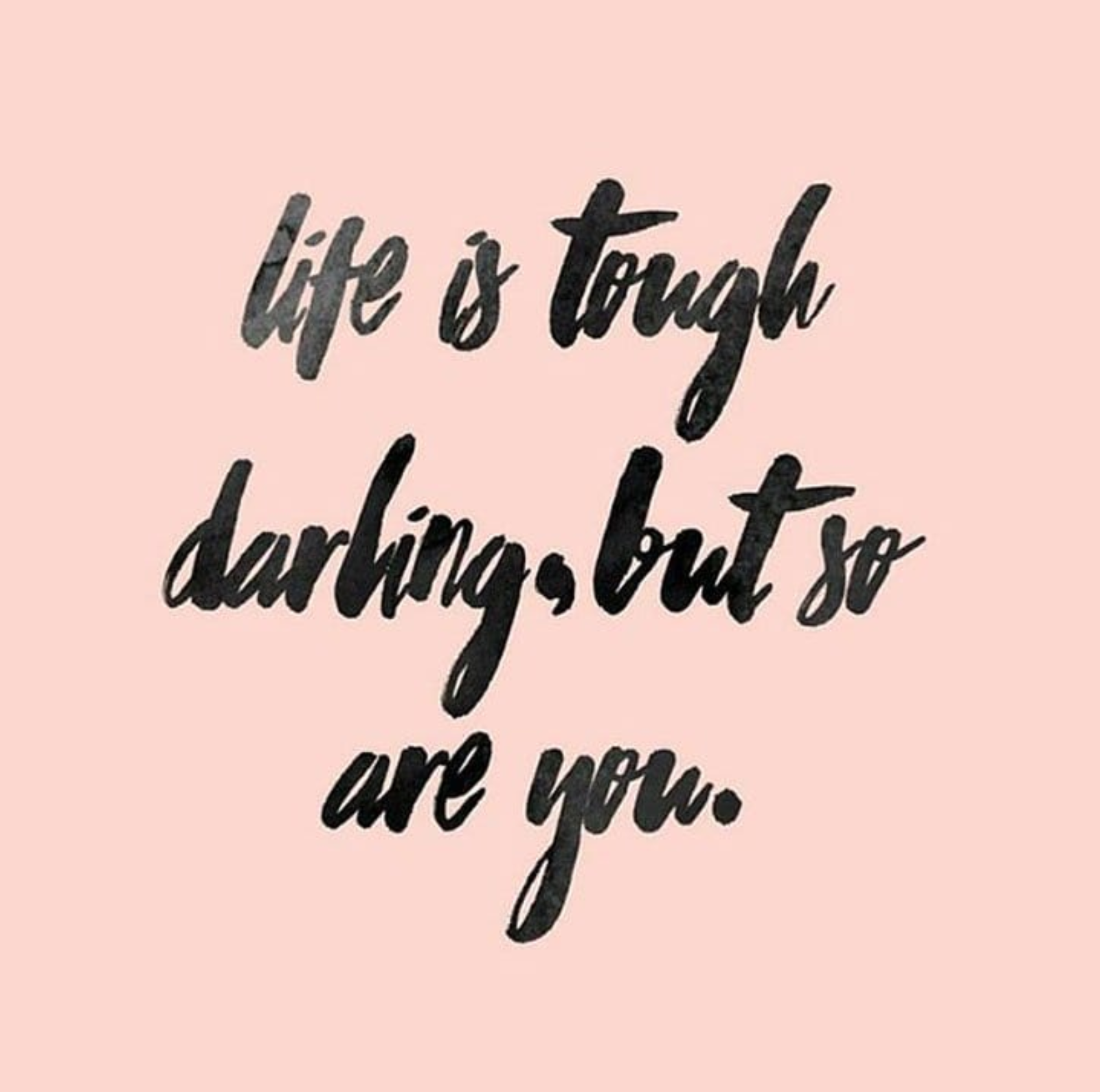
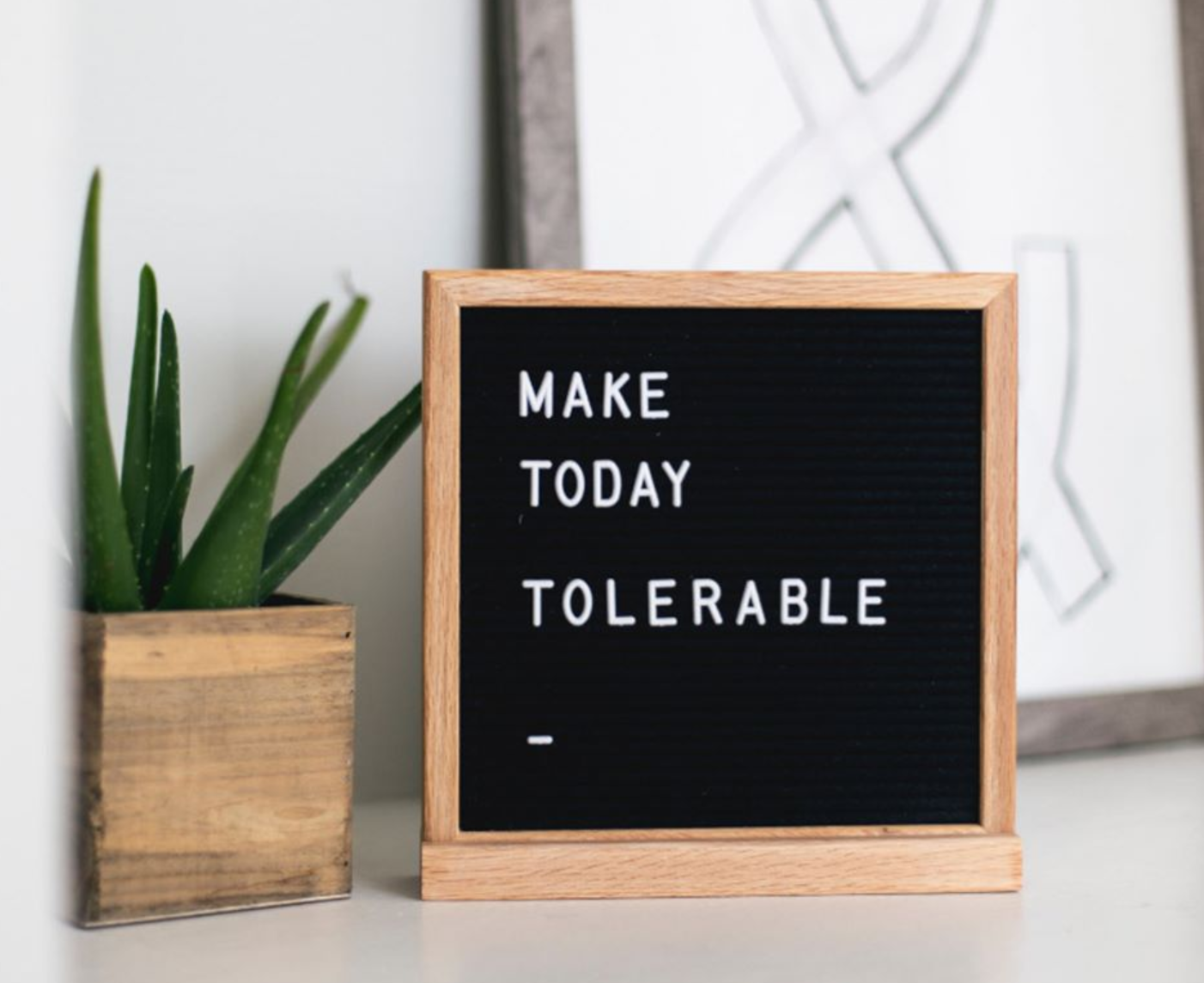
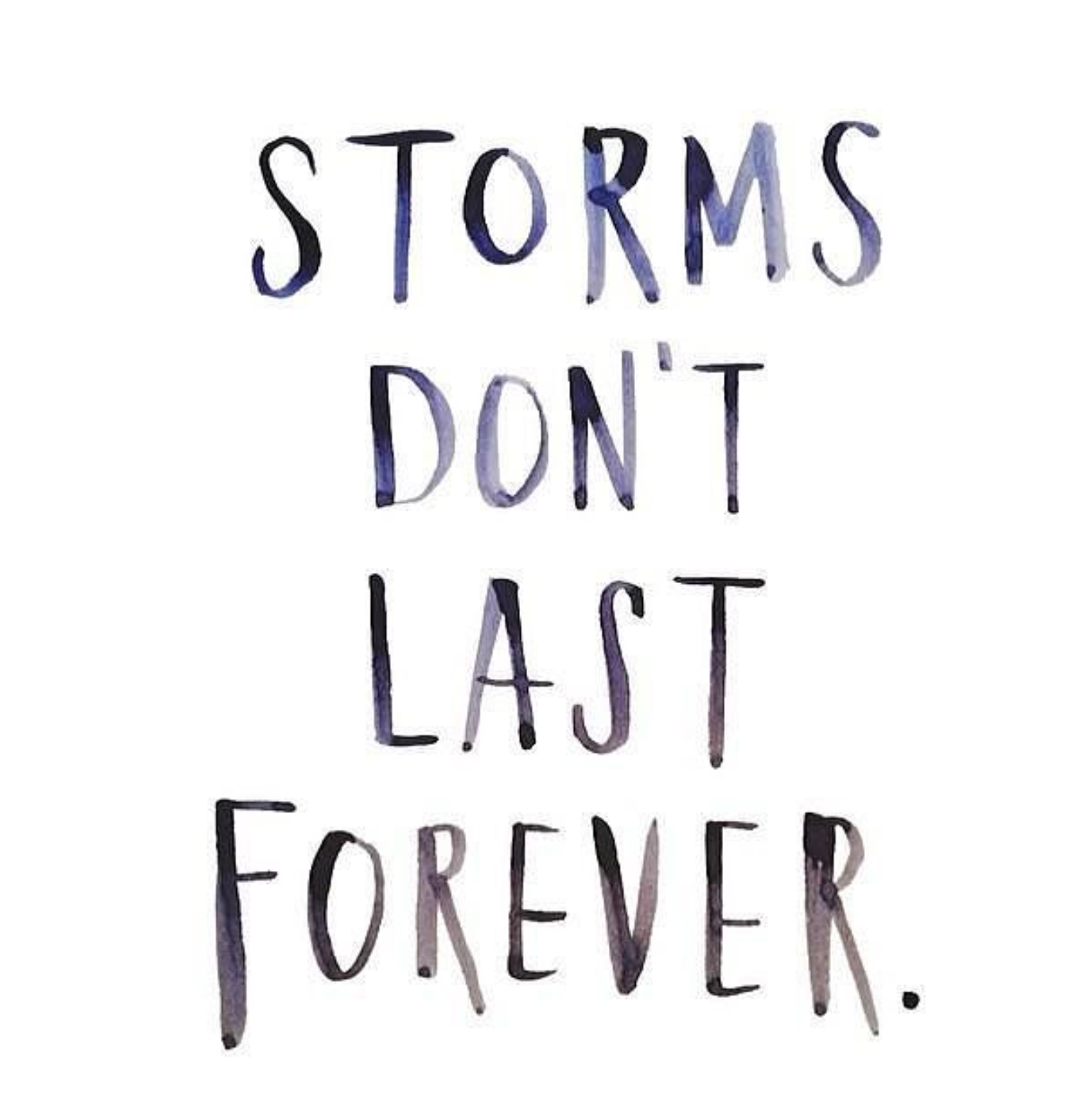














Taking your mental health diagnosis into your own hands